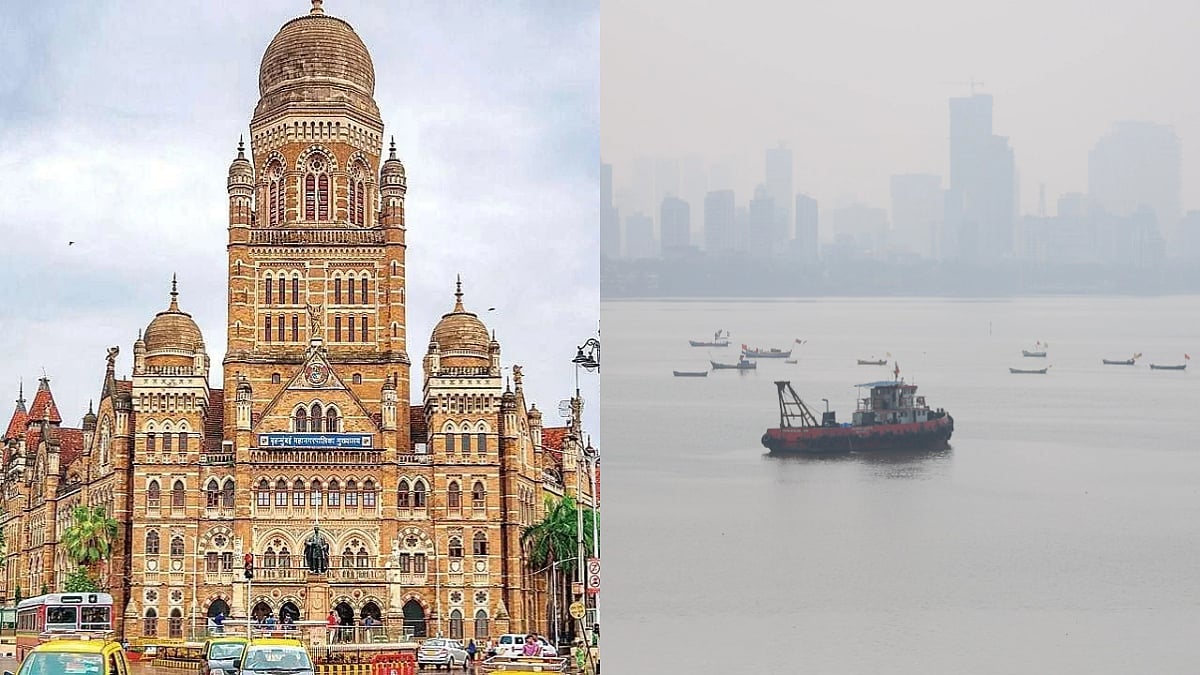Those familiar with Pakistan understand all too well how it has employed terrorism as a part of its state policy, using it against India and Afghanistan for decades. Whenever a terrorist attack occurs globally, it often has a connection to Pakistan, either overt or covert. Few were aware that even an Islamic nation like Iran has been a victim of Pakistan's use of terror to advance its foreign policy. This realisation came to light on Wednesday when Iran, deeming enough was enough, struck against Jaish al-Adl, a separatist group operating in a largely ungoverned area bordering Iran, which Tehran claims has been a source of instability. Jaish al-Adl is designated as a foreign terrorist organisation by the US. The Sunni militant group operates along Iran's porous border with Pakistan and it recently attacked a police station in Iran, resulting in the deaths of 11 people.
As India's external affairs ministry spokesman mentioned, every country has the right to defend its existence. Iran, in response to Jaish al-Adl's operations, took action against the locations from which the group operates. Unfortunately, two children were killed, as claimed by Pakistan, and three others were injured. Wednesday's attack should be viewed as an act of desperation by Iran. Instead of addressing Iranian concerns over Pakistan's failure to control the terrorist organisation, Islamabad launched a fiercer counterattack, striking two locations around the border city of Saravan and killing nine people. A rogue state cannot be expected to behave appropriately, and this is evident in Pakistan's insensitive leadership, oblivious to the potential for the situation to spiral out of control and destabilise peace in the region. Iran has its own stake in the conflicts in Gaza, risking both nations getting caught in the crossfire. Incidentally, before attacking Pakistan, Iran initiated an offensive against Iraq and Syria.
Surprisingly, both Pakistan and Iran have close ties with China, which has called for a cessation of hostilities. From their statements, it is clear that neither side intends to flex their muscles for an extended period, as it could prove counterproductive. The recent events should open the world's eyes to the strong nexus between the state of Pakistan and terrorist outfits. These groups infiltrate Indian territory, attack military and civilian posts, and ruthlessly target innocents. Terrorists recognise no religion, sparing not even those they consider "brothers” as underscored by the tit-for-tat policy.




